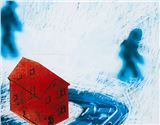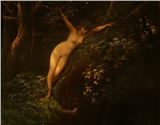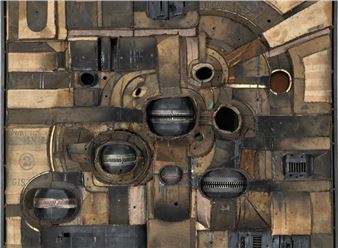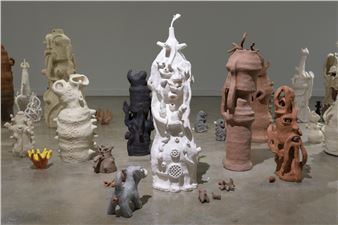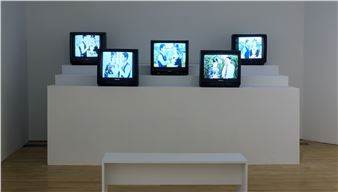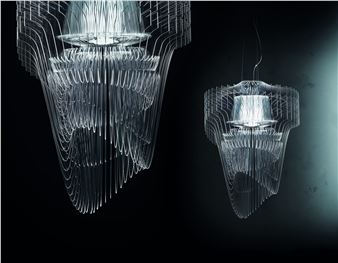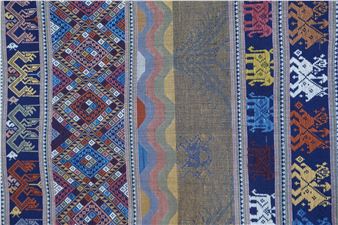Ursula Biemann: When the Land Speaks
Ursula BiemannÔÇÖs Subatlantic juxtaposes geology and climatology with human history and a touch of science fiction. The video unfolds across the Subatlantic, the latest climatic phase of the Holocene (our current geologic era, also sometimes referred to as the Anthropocene), which began about 2,500 years ago and has witnessed major civilizational changes. The voice-over alludes to a ÔÇ£she-scientistÔÇØ who is making instrumental oceanic observations, investigating in particular the most recent glacial melts. Her subjects are the physical world, the atmosphere engulfing her, and the thoughts that are formed, reconfigured, or released under the changing conditions. The video is set in the Shetland Islands, GreenlandÔÇÖs Disko Bay, and a tiny Caribbean islandÔÇövery different and very distant locations that are nevertheless connected through ocean streams, pointing to submerged, global dynamics that are invisible to the unaided eye.
This program presents the work of artists who explore the land as a space of conflict, which speaks through a changing, often fractured landscape. Addressing current issues such as resource extraction, sustainability, land rights, and displacement and dispossession, the works in this video series approach language as a form that does not limit itself to verbal communication. Instead, enunciation takes place in and through the territory: in the sounds and forms that water takes, in the rumbles and cracks of the earth, and in the ancestral rituals and practices derived from the landscape. In many ways, land and language have always been interconnected, each helping to define the other. But in our present day, there is a growing disconnect between much of human society and any sense of rootedness or care for the land that supports us. Confronting these realities, the artists in this series draw attention to the power of the landscape to express itself and communicate with us, and reflect on how our eroding connection to the land may also represent a fading understanding of ourselves.

Recommended for you
Ursula BiemannÔÇÖs Subatlantic juxtaposes geology and climatology with human history and a touch of science fiction. The video unfolds across the Subatlantic, the latest climatic phase of the Holocene (our current geologic era, also sometimes referred to as the Anthropocene), which began about 2,500 years ago and has witnessed major civilizational changes. The voice-over alludes to a ÔÇ£she-scientistÔÇØ who is making instrumental oceanic observations, investigating in particular the most recent glacial melts. Her subjects are the physical world, the atmosphere engulfing her, and the thoughts that are formed, reconfigured, or released under the changing conditions. The video is set in the Shetland Islands, GreenlandÔÇÖs Disko Bay, and a tiny Caribbean islandÔÇövery different and very distant locations that are nevertheless connected through ocean streams, pointing to submerged, global dynamics that are invisible to the unaided eye.
This program presents the work of artists who explore the land as a space of conflict, which speaks through a changing, often fractured landscape. Addressing current issues such as resource extraction, sustainability, land rights, and displacement and dispossession, the works in this video series approach language as a form that does not limit itself to verbal communication. Instead, enunciation takes place in and through the territory: in the sounds and forms that water takes, in the rumbles and cracks of the earth, and in the ancestral rituals and practices derived from the landscape. In many ways, land and language have always been interconnected, each helping to define the other. But in our present day, there is a growing disconnect between much of human society and any sense of rootedness or care for the land that supports us. Confronting these realities, the artists in this series draw attention to the power of the landscape to express itself and communicate with us, and reflect on how our eroding connection to the land may also represent a fading understanding of ourselves.

 ARTISTS
ARTISTS




